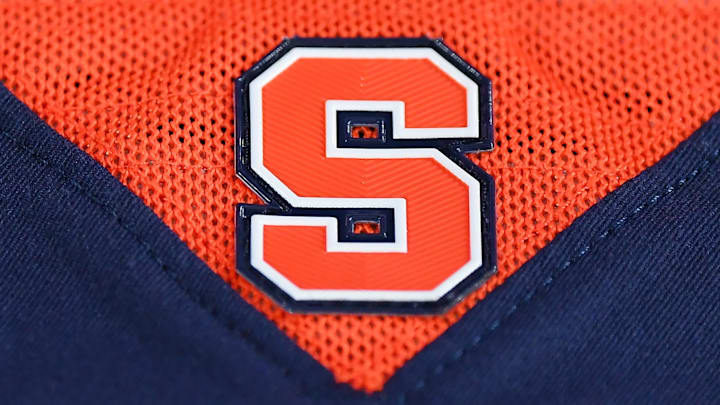College sports are fun these days. I say that half seriously and half kidding. On the one hand, football is about to head to fall camp, and I can't wait for Syracuse's 2025 campaign to get going.
I also have some level of optimism that Syracuse basketball will field a solid group in the 2025-26 term, perhaps even making a run at March Madness next spring.
Away from the court or the field, though, things are kinda fluid, to say the least. This week, chatter surfaced about more conference realignment news, mainly that fellow Atlantic Coast Conference school North Carolina may eye a move to the powerhouse Southeastern Conference.
Fun.
Oh, and amid revenue-sharing commencing on July 1, there have been further legal battles and wrangling among different stakeholders over topics such as name, image and likeness deals and third-party collectives, of which there are currently three in operation supporting Syracuse Orange athletes, although that could change in the future.
President Donald Trump has thrown his hat into the ring, too, and if I'm being honest, the whole situation is messy.
For the Syracuse Orange and its peers, navigating the college sports landscape these days is a challenge.
Trump, on Thursday, announced that he had signed an executive order entitled "SAVING COLLEGE SPORTS." You can read it here.
Many people have reached out about what the college sports executive order means.
— Mit Winter (@WinterSportsLaw) July 25, 2025
Ross succinctly explains: it probably means nothing in the short term.
It doesn’t/can’t create laws.
It’s mostly just emblematic of an effort to enshrine a model that illegally caps athlete pay. https://t.co/1zNz60dU0f pic.twitter.com/Yo3vfeq1o4
One facet in the executive order that caught my eye: "It is the policy of the executive branch that third-party, pay-for-play payments to collegiate athletes are improper and should not be permitted by universities. This policy does not apply to compensation provided to an athlete for the fair market value that the athlete provides to a third party, such as for a brand endorsement."
Note: President Trump's executive order "prohibits third-party, pay-for-play payments to collegiate athletes" but "does not apply to legitimate, fair-market-value compensation that a third party provides to an athlete, such as for a brand endorsement."
— Darren Heitner (@DarrenHeitner) July 24, 2025
Interesting.. https://t.co/gMRqgG2sML
On X, I came across comments from various attorneys and other experts that speak to whether Trump's executive order will actually change anything and what can legally be enforced. As far as I can tell, it's too early to know how this will all shake out.
However, as top Yahoo Sports reporter Ross Dellenger wrote regarding the language on third-party NIL collectives, "How does Trump plan to enforce these parameters? Well, that remains a bit murky, but he suggests in the order that members of his cabinet, as well as the Federal Trade Commission, have 30 days to create a plan on the enforcement of such, including potentially withholding federal funding for violators, opening up Title IX investigations, etc."
Earlier this week, Dellenger reported separately that an agreement has been reached whereby the College Sports Commission, which was created to make sure that schools comply with the rules of the House settlement, "is expected to treat collectives or any 'school-associated entity' in a similar fashion as other businesses when determining the legitimacy of third-party NIL deals submitted to the CSC’s NIL Go clearinghouse."
